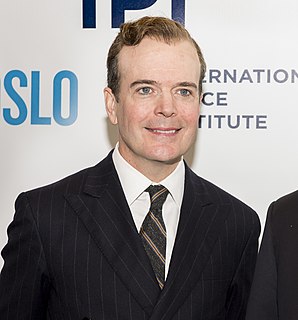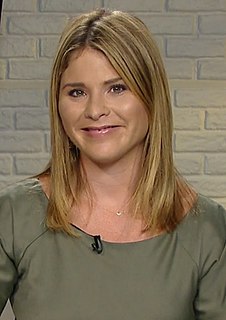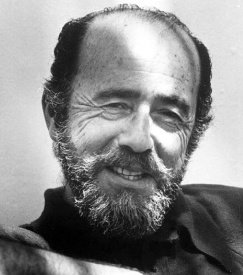A Quote by Ryan North
There's a difference between children's literature and all-ages literature. One is written expressly for children. The other is written for everyone, including children. And the difference usually manifests in not talking down to kids.
Related Quotes
No one spoke in terms of children's literature, as opposed to adult literature, until around the 1940s. It wasn't categorised much before then. Even Grimm's tales were written for adults. But it is true that ever since 'Harry Potter' there has been a renaissance in fantasy literature. J. K. Rowling opened the door again.
Friends serve central functions for children that parents do not, and they play a critical role in shaping children's social skills and their sense of identity. . . . The difference between a child with close friendships and a child who wants to make friends but is unable to can be the difference between a child who is happy and a child who is distressed in one large area of life.
It is always just telling a story, regardless of the age of the reader. Except, if I'm writing something for kids, I know there has to be hope. I don't necessarily feel that responsibility for adults, but I emphatically feel it for children. That's the only difference. There's no syntax difference. There's no semantics difference. There's no thematic difference.
Hence both women and children must be educated with an eye to the constitution, if indeed it makes any difference to the virtue of a city-state that its children be virtuous, and its women too. And it must make a difference, since half the free population are women, and from children come those who participate in the constitution.






































